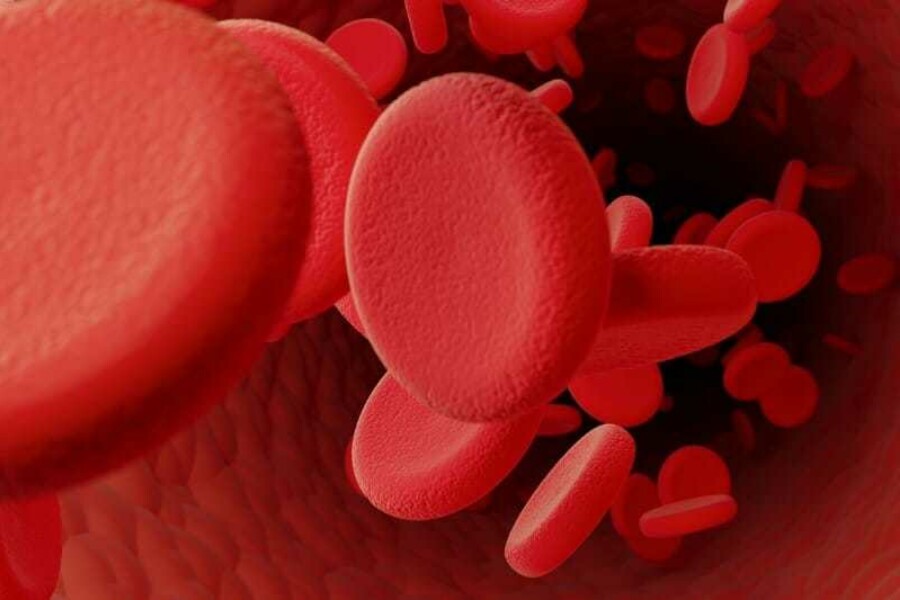Varicose Veins May Be a Warning Sign of Potentially Deadly Blood Clots

A new study shows that varicose veins may be connected to deep vein thrombosis and other serious circulatory conditions. Our doctors stress that early treatment can help you avoid these complications.
Varicose veins are a common problem for millions of Americans, but they might be more than a painful inconvenience. A new study published by the Journal of the American Medical Association found that patients with varicose veins may be at a heightened risk of developing blood clots.
The study surveyed nearly 450,000 patients with varicose veins to search for a potential link between varicose veins and other acute or chronic medical conditions. While its authors noted that they needed to conduct additional research to determine whether varicose veins is a direct cause of blood clots, they discovered that deep vein thrombosis (or DVT) is closely connected with varicose veins, occurring more often in patients with them than in patients without them. The finding could transform treatments for the most common venous disorder in the United States.
What Are Varicose Veins and What is DVT?
Varicose veins are swollen, inflamed, or distended blood vessels caused by malfunctioning venous valves. Most common among older people, they frequently appear in the legs, though they can affect any vein in the body. In contrast, DVT can cause a blood clot in a deep vein to dislodge and travel to the lungs, becoming a potentially fatal pulmonary embolism.
Varicose veins are a common condition, affecting nearly 1 in 4 American adults. While they should be promptly treated, most doctors don’t consider them to cause for alarm in themselves so much as a chronic condition. A casual relationship between varicose veins and DVT would make prompt treatment for varicose veins more imperative than ever.
Key Takeaways from the JAMA Study
“Almost half a million people were studied [in the JAMA study], and the data suggests that varicose veins can increase your risk of DVT by five times,” explains Dr. Sean Stewart, MS, MD, of the Center for Vein Restoration.
The researchers at JAMA compared two groups of nearly 213,000 patients each, one of which included only people with varicose veins, the other of which included only people without them. They found that over 10,000 patients in the first group (or about one out of every 20 patients) had also suffered from DVT, while fewer than 2,000 patients (or about one of every 107 patients) in the second group had.
Dr. Stewart adds that the results are “in line with recent studies that suggest varicose veins are an independent risk factor for DVT.” He also notes that it confirms the findings of the American College of Chest Physicians, which encourages doctors to prescribe blood thinners when treating large “superficial blood clots” “because of the risk of clot extension to the deep veins if you have many varicose veins.”
How should you manage your varicose veins?
The Center for Vein Research’s President and C.E.O., Dr. Sanjiv Lakhanpal, MD, FACS, believes that the JAMA study should prompt a shift in the public’s perception of venous disease and encourage legislators to combat it however they can. “It is high time that our insurers and policymakers in the U.S. take venous hypertension and its sequelae — including varicose veins — as a serious health issue,” Lakhanpal says. “Appropriate and timely management of varicose veins and their underlying causes not only improves quality of life, but also saves lives.”
Dr. Stewart couldn’t agree more. “This study opens the door to many questions regarding varicose veins, with more to come for sure,” he says. The bottom line? “Get your varicose veins evaluated by a vein specialist. It could save your life.”